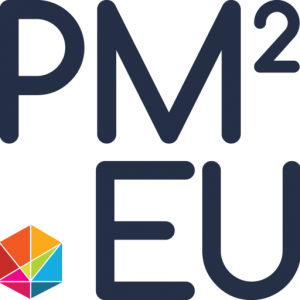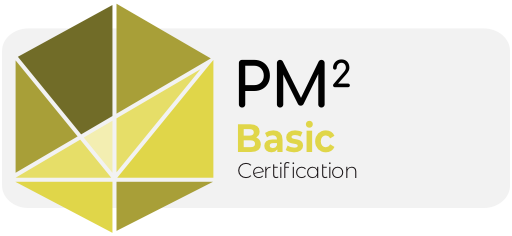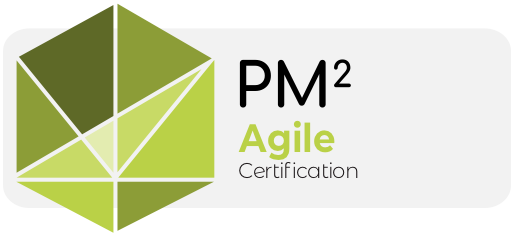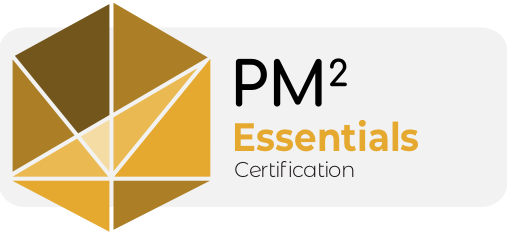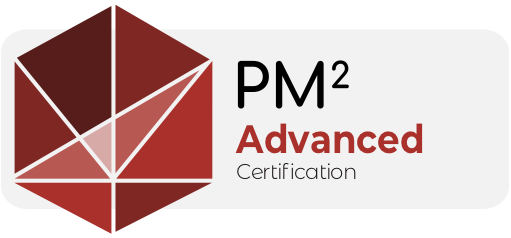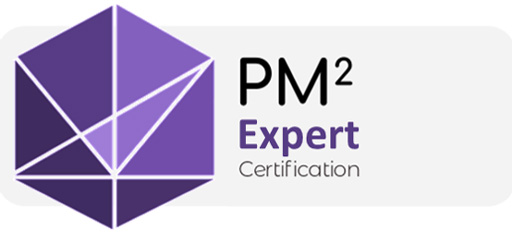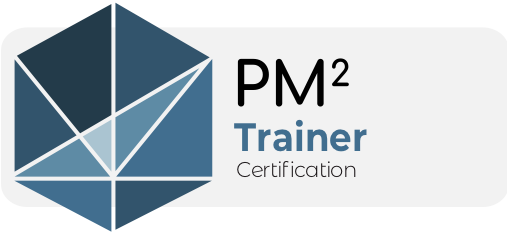What is the European Qualifications Framework (EQF)?
The European Qualifications Framework (EQF) is a European-wide qualifications framework which joins the qualifications of different EU members together. In a way, it is a translation of different national qualifications which makes qualifications in different EU countries easier to understand. The EQF aims to facilitate mobility of students and workers within the EU in order to encourage development mobile and flexible workforce throughout Europe and to help develop lifelong learning. The EQF is voluntary and the member countries are not obliged to cross reference their frameworks but the number of completed cross references is expected to increase in the near future.


